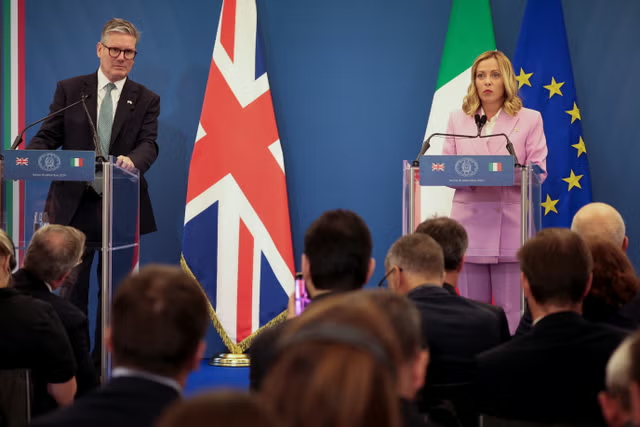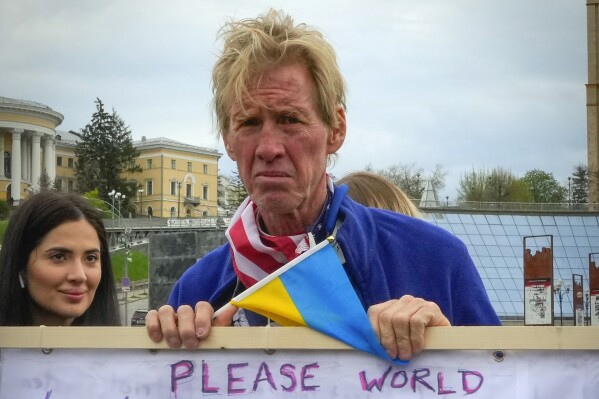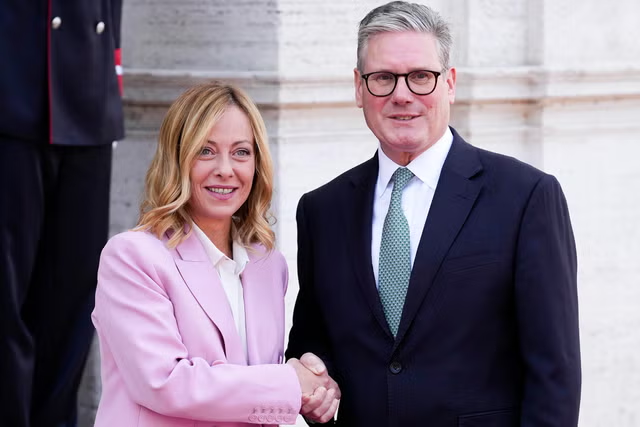Your support helps us to tell the story
Support NowAs your White House correspondent, I ask the tough questions and seek the answers that matter.
Your support enables me to be in the room, pressing for transparency and accountability. Without your contributions, we wouldn't have the resources to challenge those in power.
Your donation makes it possible for us to keep doing this important work, keeping you informed every step of the way to the November election

Andrew Feinberg
White House Correspondent
Sir Keir Starmer has claimed that Britain can learn lessons from Italy on how to reduce migration, after far-right premier Giorgia Meloni’s administration saw small boat arrivals fall by more than 60 per cent this year.
Ahead of a visit to Rome, the prime minister hailed Italy’s “dramatic” drop in unregulated migration and expressed interest in Ms Meloni’s proposed asylum processing scheme in Albania, just months after scrapping the Tories’ controversial Rwanda scheme.
At a press conference with Italian prime minister Giorgia Meloni on Monday he said he was very interested in the scheme.
“I have always made the argument that preventing people leaving their country in the first place is far better than trying to deal with those that have arrived in any of our countries,” he said.
Reducing the number of perilous small boat crossings across the Channel is a political priority for Sir Keir, whose new government has announced its intentions to “smash” people-smuggling gangs but has stopped short of opening safe alternative routes for asylum-seekers to travel to Britain to have their claims heard.
The prime minister is now looking to Italy’s example, where the country’s interior ministry reported a 62 per cent fall in migrant arrivals on Italian coasts over the first seven months of 2024. Frontex, the EU’s border force, has calculated a 64 per cent fall in the number of people arriving from North Africa to Italy and Malta.
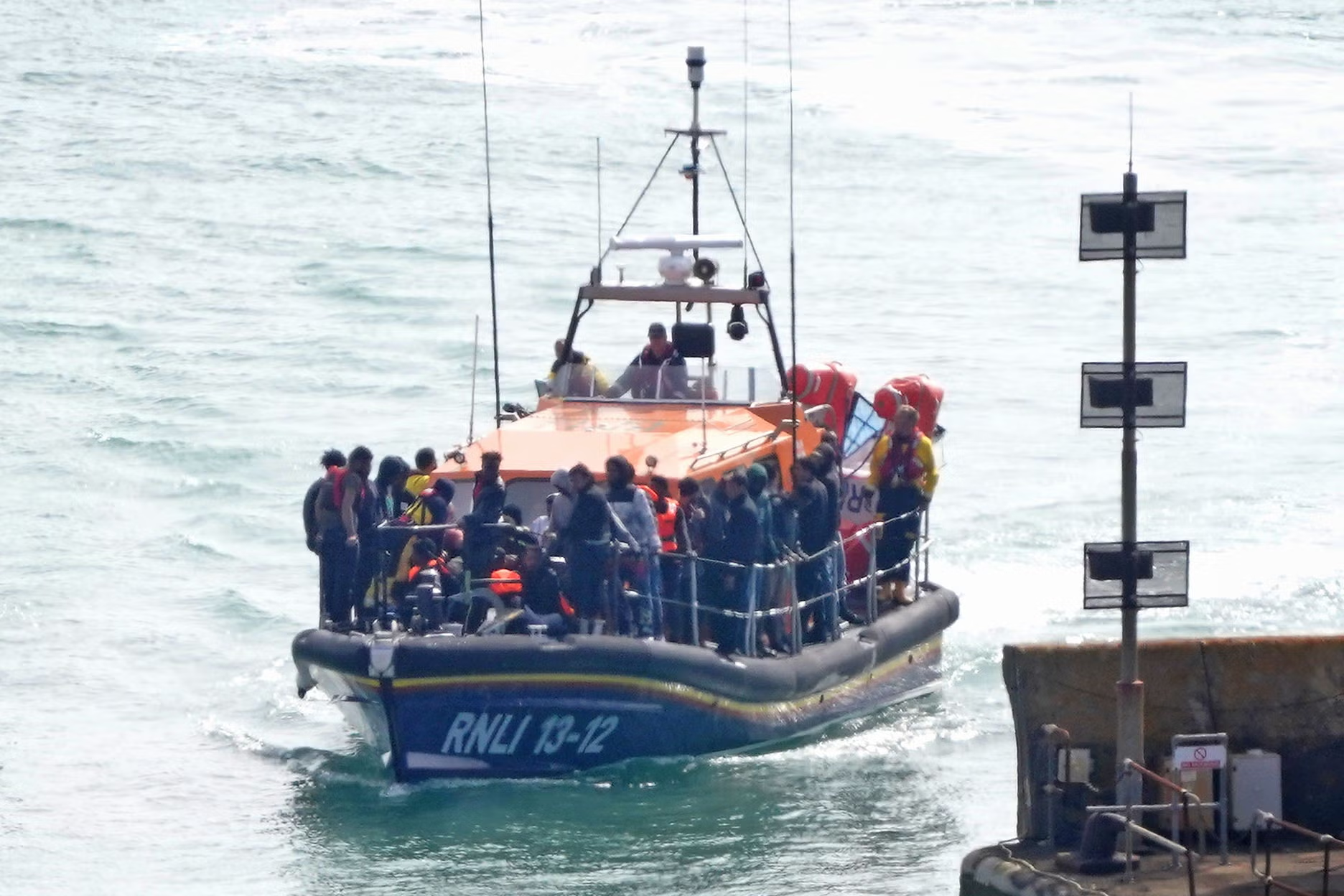
Hardline immigration policies
Italy has long struck a hard line against migration, with deputy prime minister Matteo Salvini having tightened asylum-seekers’ access to support and public services. He could now face six years in jail for preventing a boat carrying more than 100 people from docking in Italy in 2019.
But Italy’s hardline policies and rhetoric had failed to prevent cross-Mediterranean migration to Italy from continuing to rise dramatically until the fall seen this year, which has been widely attributed to controversial deals struck with the north African nations from which most boats depart.
While Italy has strengthened ties with Libya and is training and equipping the Libyan coastguard, the EU last year pledged €105m to Tunisia to stop migrant crossings from setting off. However, Tunisia later said it had handed back some €60 million of EU budget support amid a row over the funding.
Human rights observers have since warned that EU funds are being used by countries including Tunisia to carry out “collective expulsions” of migrants, including people intercepted at sea en route to Italy, who are then put on buses and dumped in remote or desert areas.
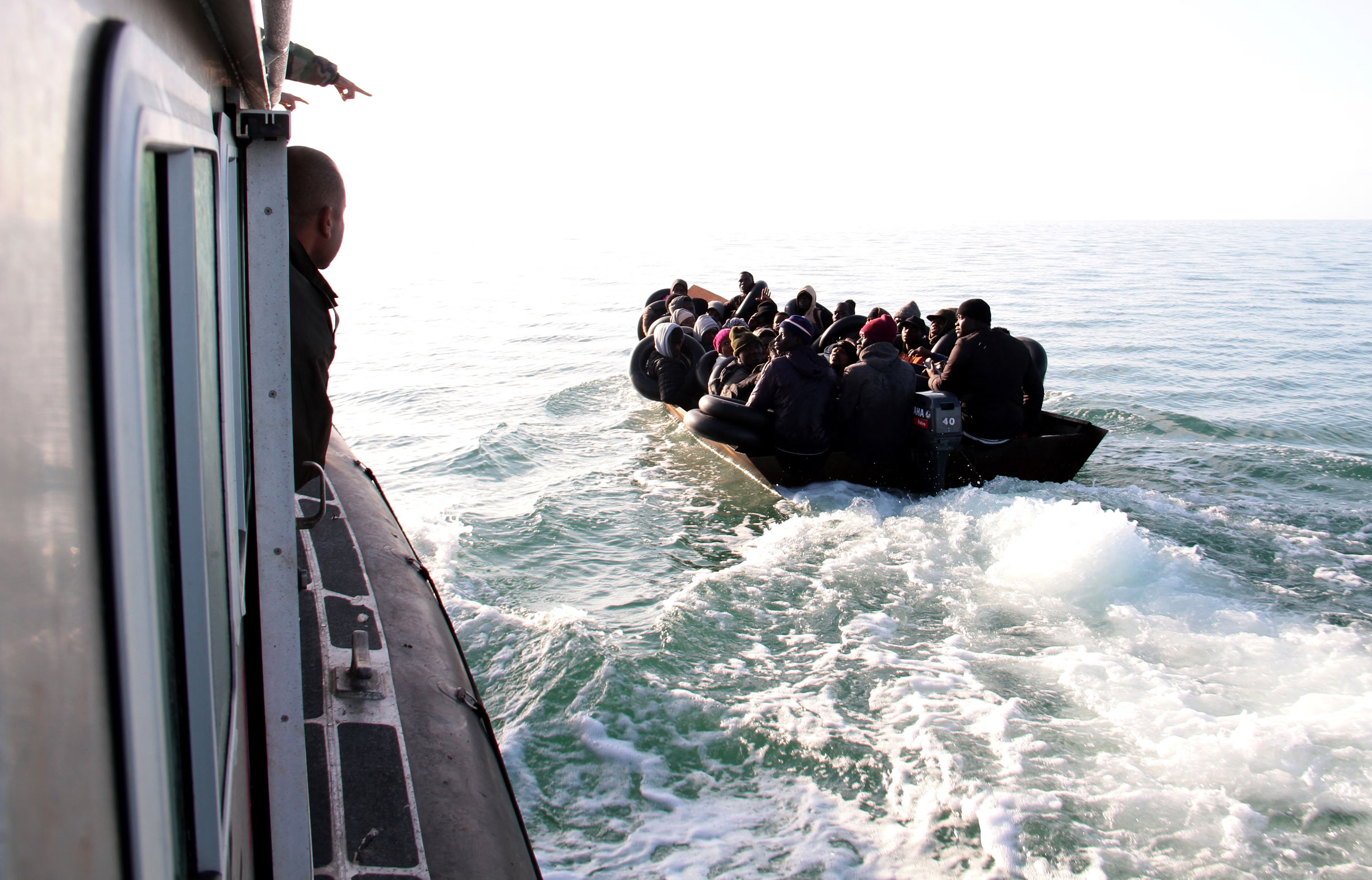
And as part of the crackdown on crossings funded by Europe, the UN’s International Organisation for Migration warned this year that it believed some 15,000 to 20,000 migrants were stranded in rural areas near the central Tunisian coastline.
Human Rights Watch has also accused Italy and the EU of being “complicit” in crimes carried out against migrants intercepted at sea and returned to Libya, where the the UN has warned they faced “murder, enforced disappearance, torture, enslavement, sexual violence, rape, and other inhumane acts”.
Italy’s supreme court ruled this year that it is unlawful for Italy to return intercepted ships to Libya as it is not a safe country. That ruling followed long-running attempts by Rome to make it more difficult for charities rescuing migrants at sea to operate, including handing them fines for refusing to cooperate with Libyan authorities.
The fall in arrivals in Italy this year has also corresponded with a rise in arrivals via the shorter eastern Mediterranean route to Greece of nearly 57 per cent, according to the EU’s border agency Frontex, which previously fell under an EU deal with Turkey in 2016.
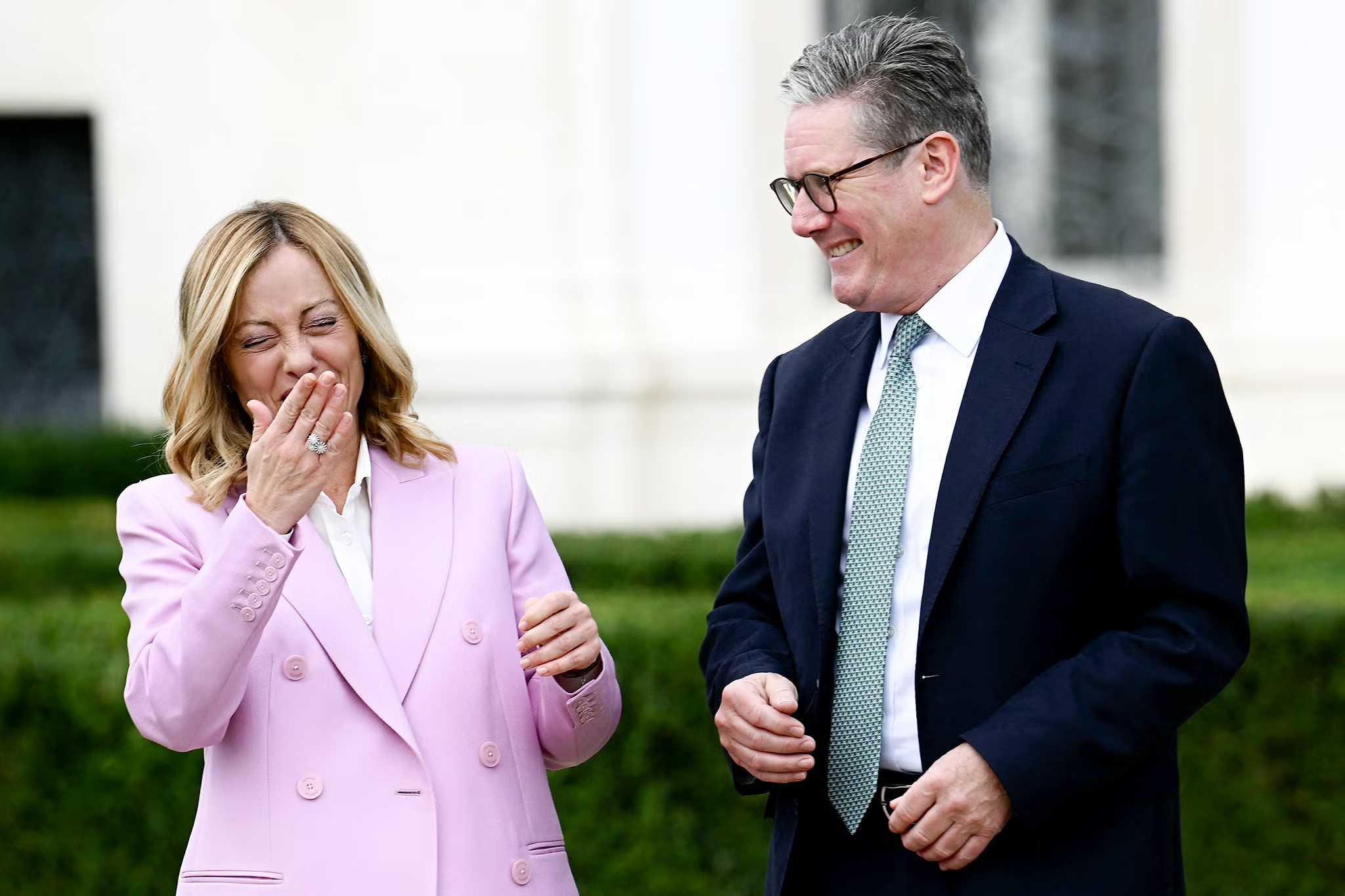
Italy’s Albania deal
In a further bid to cut migration to Italy, Ms Meloni has struck a deal with Albania to create an offshore asylum processing system, which is yet to come to fruition.
In an echo of the UK’s costly and long-delayed Rwanda scheme, Human Rights Watch has described Italy’s scheme – initially intended to become operational in May – as a “model of mismanagement and a blueprint for abuse” costing hundreds of millions of euros.
But with Sir Keir now expressing interest in replicating the Albania deal, home secretary Yvette Cooper insisted on Monday that it was “very, very different” from the axed Rwanda plan.
Under the Tory scheme, asylum-seekers would have been permanently deported to Rwanda.
By contrast, Tirana will accept asylum seekers on Italy’s behalf while their claims are processed. Failed asylum seekers from safe countries will then be returned to those countries, while those whose asylum claims are successful, expected to be a small minority, will be brought to Italy.
Criticising the Albania scheme, Judith Sunderland of Human Rights Watch said in June: “Italy’s latest gambit to offshore its responsibilities is all but guaranteed to violate people’s rights.
“Following its abusive deal with Libya, Italy now wants to take people who have effectively reached the country outside of the EU, breaching fundamental tenets of rescue at sea and undermining asylum rights and freedom from arbitrary detention.
“It is also unlikely to deter people from making dangerous boat crossings.”
Disclaimer: The copyright of this article belongs to the original author. Reposting this article is solely for the purpose of information dissemination and does not constitute any investment advice. If there is any infringement, please contact us immediately. We will make corrections or deletions as necessary. Thank you.
